
Archive of Indian Music (AIM).
The primary objective of AIM is to preserve the voices of our ancestors and make them easily and electronically available through an online portal for researchers, musicians, students of music and the public at large. The range of gramophone records that we restore is Hindustani and Carnatic classical music, Folk music, Early Cinema, Theatre, Speeches of great leaders of the country and voices of common Indians that were recorded starting 1902. We have already gathered nearly 15,000 such records from shanties and flea markets across India and given the records that are a national treasure, a new lease of life by digitizing them. These shellac discs have been rescued from chor bazars, shanties and flea markets from different parts of India, where these valuable treasures were found scattered and unattended.
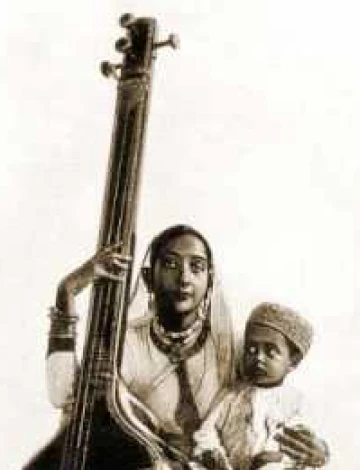
AIM seeks to digitize and preserve for posterity the valuable slices of India’s cultural history and musical heritage. The Archive is a custodian of these treasures and makes these available for all through its different dissemination arms.
- The Patron of this Archive who helped establish it in 2011 was Shri. T.V. Mohandas Pai, Chairman of Manipal Global Education. Mr. Pai was earlier a Member of the Board of Directors of Infosys and served under various capacities including being its CFO.
- AIM was patronized by Smt. Sudha Murty and the Infosys Foundation.
- The Founder Trustees of the Archive are Shri Sampath Srinivasan and Smt. H.N. Nagamani.
- The Archive was supported by several renowned record collectors such as Dr. Suresh Chandvankar of the Society of Indian Records Collectors (SIRC) and Shri Kushal Gopalka.
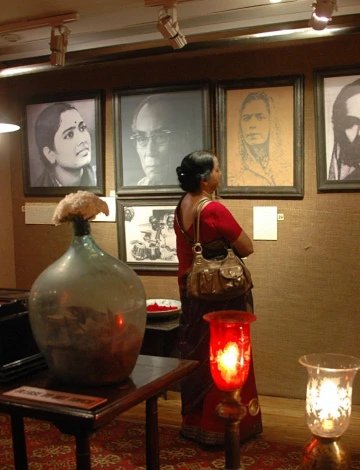

These digitized tracks can be listened by all from the confines of their homes, free of cost, on SoundCloud

The Archive has also curated audio exhibitions ‘Voices of India’ in several cities of India like Bangalore, Delhi and Kolkata. AIM wishes to disseminate this information freely with everyone and thereby address the issue of accessibility to these rare treasures. It also collaborated with Google Cultural Institute to curate online thematic exhibitions on some of its collections.
Vikram Sampath on the Archive of Indian Music
Documentary film
The archive also undertook the ethnographic documentation of musical traditions of indigenous communities, which are at the risk of extinction in the decades to come. Mr. Ricky Kej, internationally renowned Indian Music Composer, Environmentalist and three-times Grammy Award Winner along with Mr. Rajib Sarma, a practising Tantra specialist at Kamakhya Temple in Guwahati, the Founder Trustee of the Foundation for History and Heritage Studies, undertook a pilot project with the archive that resulted in a documentary film on the mystical Bauls of Bengal. Bauls are a nonconformist sect having gurus, but no dogmas, rituals, religious institutions or scriptures. Their path to God or spirituality is defined through music.
Declared as an Intangible Heritage of Humanity by UNESCO, The Bauls of Bengal have kept their philosophies alive for over a 1000 years, but modern demands threaten their simple, enlightened lifestyles.
The film was directed by Mr. Sairam Sagiraju, one of India’s first VR filmmakers, who is known to experiment with storytelling using multiple mediums.
After a successful run at several international film festivals, the film has now been uploaded on YouTube for viewing.
A trailer of the film
Film: Who is BAUL
Posters from film
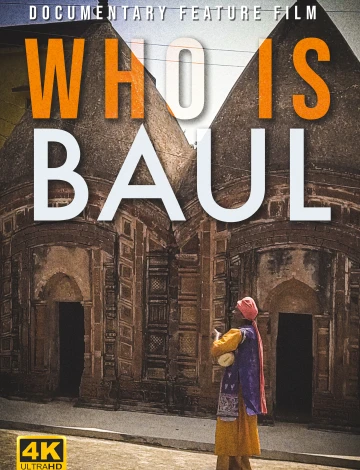
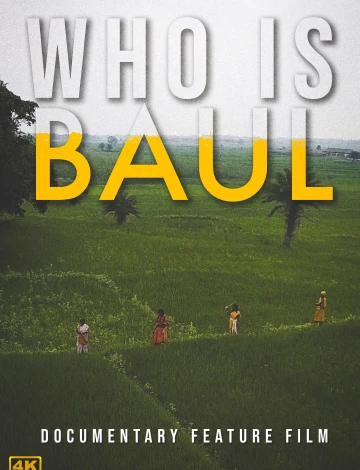
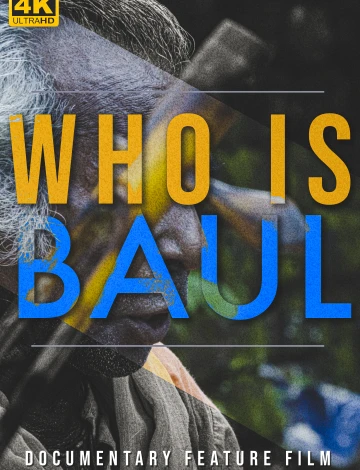
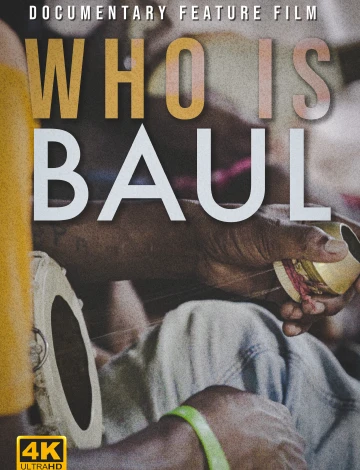
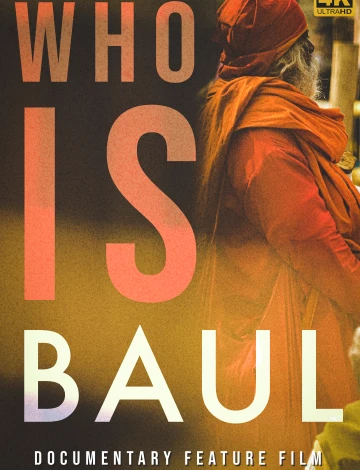
The archive has ambitious plans to also document the lifestyle and music of the 300+ indigenous communities (who are otherwise disparagingly called as tribes) of the North East of India providing thereby not only a rich archival source of their art but also bringing the limelight and focus on them and their art to enable possible sources of livelihood and performance, both within and outside India.